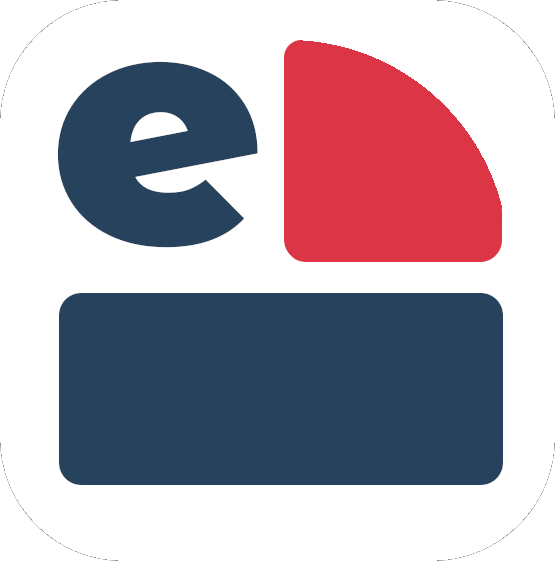Exploring the Interplay Between Technology and Human Resources in Modern Organizations
In todays rapidly evolving corporate landscape, the integration of technology within human resources (HR) has emerged as a pivotal factor influencing organizational dynamics. The interplay between these two fields is not only redefining traditional HR practices but also shaping the future of work itself. However, while many praise this technological shift as a necessary evolution, it is essential to critically assess both the advantages and disadvantages that accompany such changes.
The Rise of Technology in HR
Technological advancements have significantly transformed HR functions, from recruitment to performance management. Tools like Applicant Tracking Systems (ATS), Artificial Intelligence (AI), and data analytics are now commonplace in the hiring process. For instance, according to a study by McKinsey & Company (2020), organizations that utilize AI in their recruiting processes can reduce hiring time by up to 50%. While these technologies promise efficiency, they raise questions about fairness and transparency in candidate selection. Are we inadvertently leading ourselves into a world where algorithms dictate our career paths based on biased data?
Moreover, the proliferation of platforms for employee engagement and performance tracking, such as Officevibe or Culture Amp, creates an illusion of connectivity and responsiveness. However, there remains a significant risk that these platforms may instead foster a culture of surveillance and mistrust. Employees may feel monitored rather than supported, leading to a detrimental effect on morale and productivity. In accordance with a report by Gallup (2019), employee engagement levels can actually decrease when individuals perceive their work environment as overly controlled.The Double-Edged Sword of Remote Work Technology
The COVID-19 pandemic accelerated the adoption of remote work technologies, fundamentally altering how organizations function. Video conferencing tools like Zoom and collaborative platforms such as Slack became lifelines for maintaining communication and workflow during lockdowns. Nevertheless, while they have enabled operational continuity, they have also exposed weaknesses in workplace dynamics.
- Get full access to all exclusive articles and guides without restrictions
- Participate in our active professional community
- Stand out with your profile and resume in premium format
Become a Redte Premium for only $7.00 USD / month
By becoming a Redte premium user, you'll enjoy all the benefits of our blog network. You'll have access to exclusive content and all of our academic articles, with the option to download them in PDF format for offline reading. You'll also receive all future benefits we implement.
Our premium plan has a fixed, single price: there's only one premium plan, managed by Redte LLC, with no restricted content or limitations. And best of all, you can cancel at any time without any hassle.
